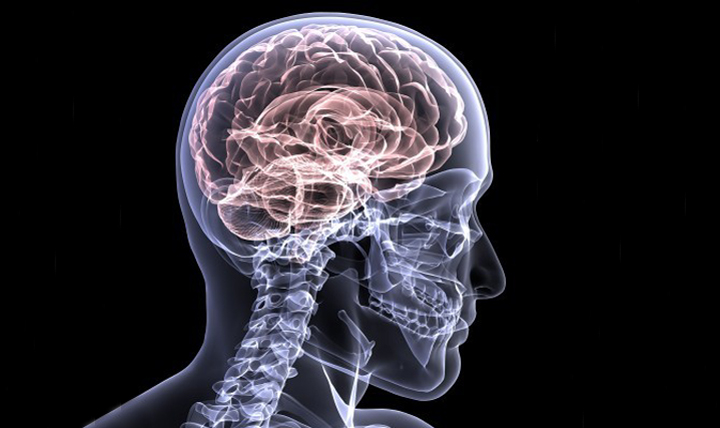How Alcohol Can Change How Memories Are Formed
Consuming alcohol often comes with negative side effects, such as nausea or headaches, however we have a tendency to remember the positive experience of drinking rather than the negative consequences. Understanding how alcohol influences the area of our brain responsible for making memories of the motivation or reward element of drinking allows us to get a clearer picture of the biological mechanism of addiction.
Recent research, conducted at Brown University, has used fruit flies to study the effect of alcohol on the expression of genes involved in making and maintaining reward memories.
Results from their studies have uncovered a particular protein, called Notch, which is responsible for the flies' preference for alcohol. The activation of this protein is the first reaction in a long domino chain of events called a molecular signalling pathway. The signalling pathway has within it a specific gene receptor called dopamine-2-like. This gene receptor is involved in making proteins on neurones that recognise dopamine- a neurotransmitter that is responsible for the pleasurable feeling and the creation of positive memories of the experience.
It is believed that alcohol affects this chain of reactions by altering pieces of the protein molecules involved in the signalling chain. This results in the creation of strong memories and cravings for the positive experience.

The researchers are still working to understand the exact mechanism of change; however there is strong indication that alcohol is involved in altering gene expression that results in modifying the memory we have of the experience.
